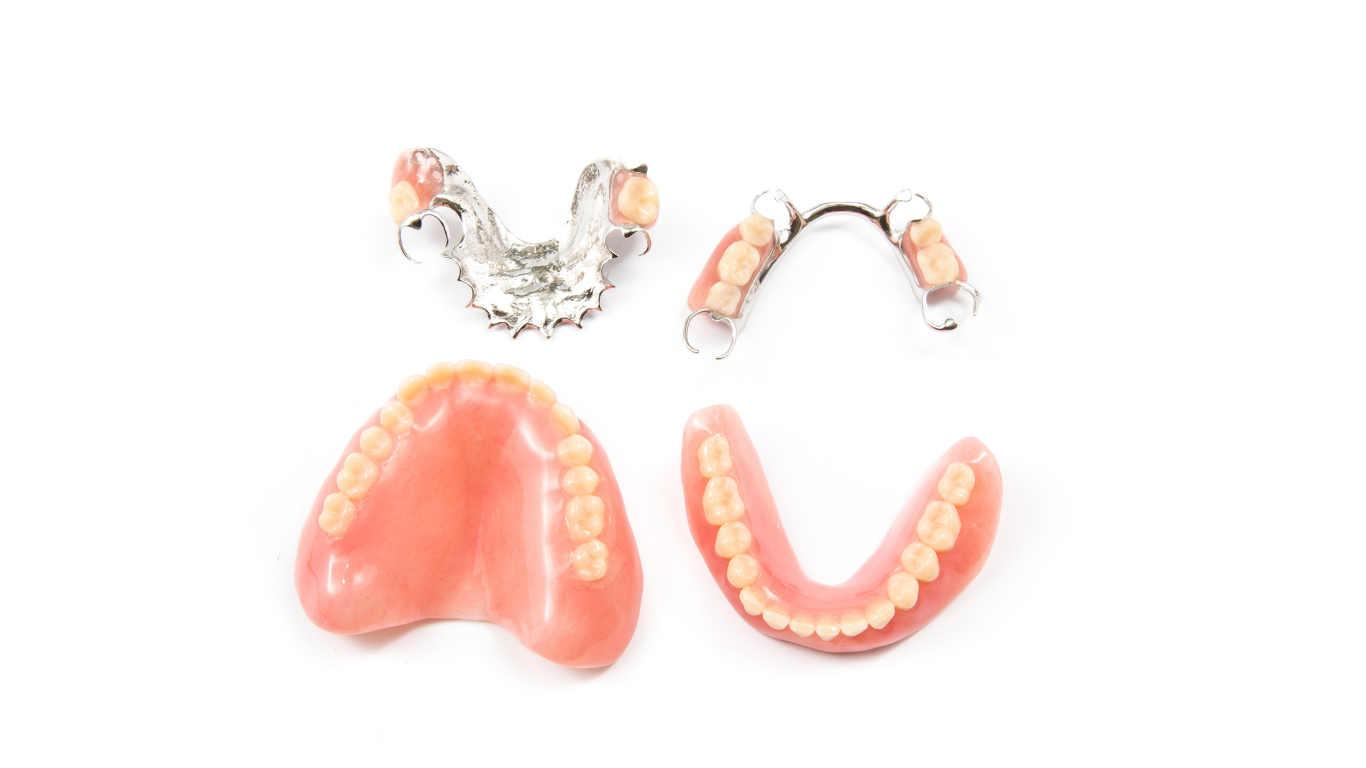Dentures: Full and Partial

Rediscover Your Smile with Full and Partial Dentures: A Comprehensive Guide
Dentures, also known as dental prosthetics, are custom-made removable replacements for missing teeth and surrounding tissues. These natural-looking appliances are designed to restore your smile, improve chewing ability, and enhance overall oral health. Whether you're missing a few teeth or an entire set, dentures offer a reliable and comfortable solution, enabling you to regain confidence in your smile and daily activities.
How Dentures Work:
Dentures are typically made from durable materials, carefully crafted to mimic the appearance and function of natural teeth and gums. There are two main types of dentures:
- Complete Dentures: These are used when all teeth in an arch (either upper or lower) are missing. Complete dentures rest directly on the gums and are held in place by suction and sometimes dental adhesive.
- Partial Dentures: Partial dentures are used when some natural teeth remain. They consist of replacement teeth attached to a metal framework, which clasps onto existing teeth for support.
Frequently Asked Questions about Dentures:
Q1: Are dentures uncomfortable to wear?
A1: Modern dentures are designed with comfort in mind. Initially, it may take some time to adjust to the feeling of wearing dentures, but with time, most people find them comfortable and easy to wear.
Q2: Can dentures improve my appearance?
A2: Absolutely! Dentures not only replace missing teeth but also provide support to facial muscles, preventing the sagging and sunken appearance often associated with tooth loss.
Q3: How do I care for my dentures?
A3: Dentures require regular cleaning to maintain their appearance and function. It's important to brush them daily, rinse after meals, and soak them overnight in a denture cleaning solution. Regular dental check-ups are also crucial to ensure a proper fit.
Q4: Will dentures affect my ability to eat and speak?
A4: Initially, you might need some time to adjust to eating and speaking with dentures. Start with soft foods and practice speaking slowly. Over time, you'll become accustomed to the dentures, and both eating and speaking will feel natural.
Q5: How long do dentures last?
A5: The lifespan of dentures varies based on factors such as wear and tear, changes in oral structure, and regular maintenance. On average, dentures may need to be replaced or relined every 5 to 7 years to ensure a proper fit.
Dentures are a tried-and-true solution for restoring your smile and quality of life. If you're considering dentures or have questions about their care and maintenance, consult our dentists. With the right dentures, you can enjoy the confidence of a beautiful smile and the ability to eat, speak, and live comfortably.
BROWSE OUR WEBSITE
Reading Square: 636 Main Street
Reading, MA 01867
Fax: 781-944-0454
Lawrence: 160 Winthrop Avenue
South Lawrence, MA 01843
Stadium Plaza Rte. 114 at 495
Fax: 978-725-6699
Haverhill: 108 Merrimack St.,
Haverhill, MA 01830
Fax: 978-521-3988